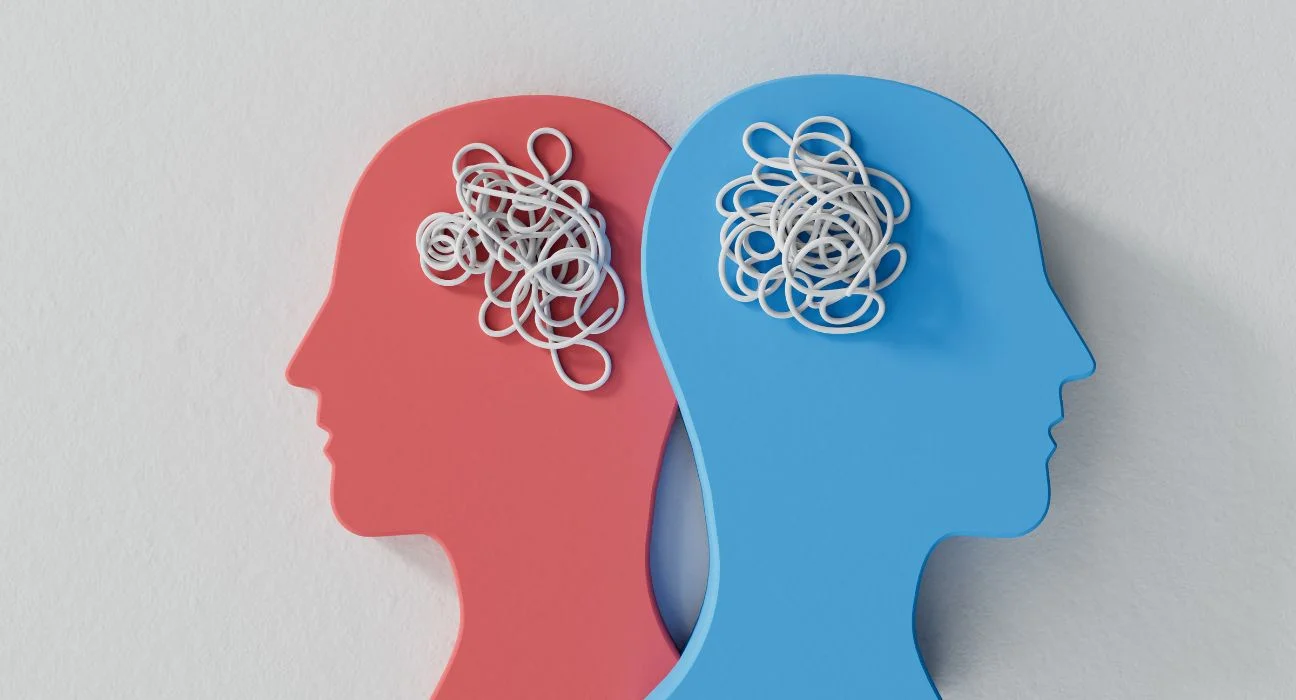Sports psychology helps athletes perform at their best. But its true potential often remains untapped without the right support. Psychiatrists play a crucial role here. They address mental health issues that athletes face. From overcoming anxiety to managing stress—psychiatrists provide essential guidance. In recent years, services like washington telepsychiatry have expanded access to mental health care. This evolution highlights the importance of psychiatrists working alongside sports psychologists. Together, they create a holistic approach to athlete well-being and performance.
The Unique Contributions of Psychiatrists
Psychiatrists bring a medical perspective to sports psychology. They have the expertise to diagnose and treat mental health conditions that might hinder an athlete’s performance. With their background in medicine, psychiatrists can prescribe medication if needed. This capability sets them apart from sports psychologists, who focus more on coaching techniques and mental strategies. By addressing the root of mental health issues, psychiatrists help athletes build a strong mental foundation.
Collaborating for Holistic Care
Sports psychologists and psychiatrists often work together to offer comprehensive care. While psychiatrists can address clinical issues, sports psychologists provide performance-focused interventions. This collaboration ensures athletes receive the best support tailored to their needs. For example, athletes dealing with depression might benefit from therapy sessions with a psychiatrist alongside motivational coaching from a sports psychologist. This combined approach can lead to more effective outcomes.
Impact of Mental Health in Sports
Athletes at all levels face immense pressure. Mental health challenges can arise, affecting their performance and quality of life. Anxiety, depression, and burnout are common in sports. These issues underscore the need for mental health professionals in this field. The National Institute of Mental Health highlights the importance of early intervention in mental health care to improve outcomes. Ensuring athletes have access to psychiatric care can make a significant difference in their lives.
| Mental Health Challenges | Role of Psychiatrists | Role of Sports Psychologists |
|---|---|---|
| Anxiety | Diagnose and prescribe treatment | Develop relaxation techniques |
| Depression | Provide therapy and medication | Goal setting and motivation |
| Burnout | Address underlying mental health issues | Enhance mental resilience |
Expanding Access Through Telepsychiatry
Telepsychiatry has become an important tool in expanding mental health care access. Athletes, who often have demanding schedules, benefit from the flexibility of remote consultations. Services like telepsychiatry allow psychiatrists to reach a broader range of clients, providing timely support. This accessibility is crucial for maintaining mental health and addressing issues as they arise.

The Future of Mental Health in Sports
As awareness of mental health grows, the role of psychiatrists in sports will likely expand. Continued research and collaboration between sports psychologists and psychiatrists will drive advancements in care. Institutions like the U.S. Department of Health and Human Services emphasize the importance of mental health in overall wellness. Integrating mental health services into sports programs can foster a culture of well-being and resilience.
In conclusion, psychiatrists are vital in the world of sports psychology. They provide essential mental health care that supports athletes in reaching their full potential. By working alongside sports psychologists, they ensure a well-rounded approach to athlete wellness. As access to services like telepsychiatry increases, the potential for enhanced mental health in sports continues to grow.






